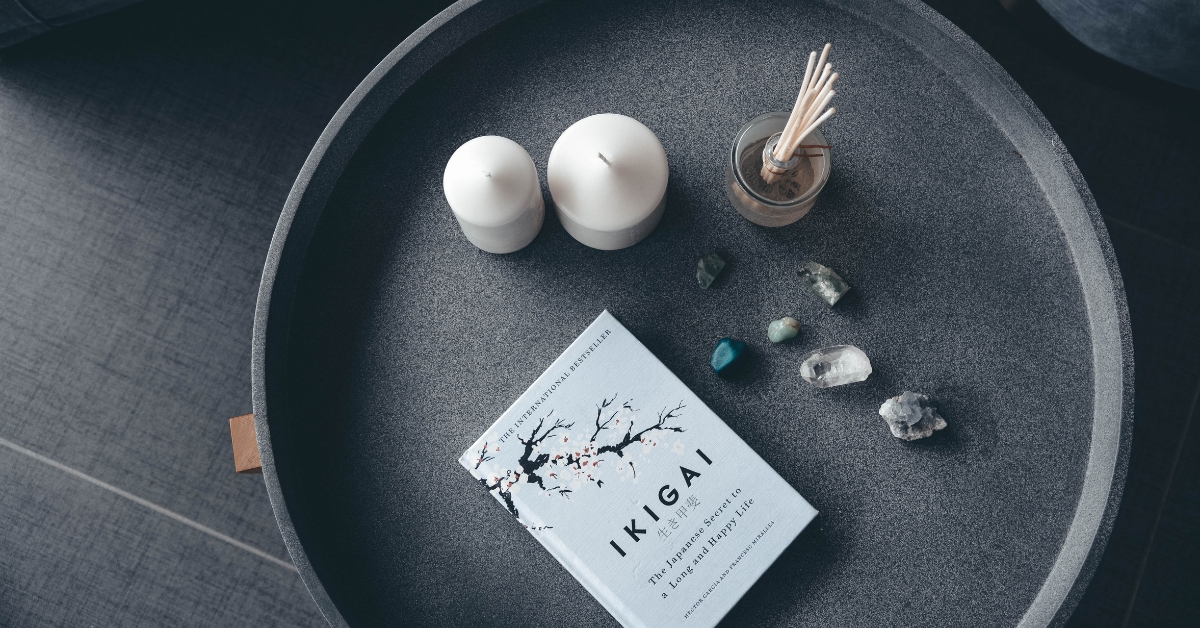Many of us hesitate to establish necessary limits with our closest relationships, fearing the guilt and potential conflict that might arise. Yet, learning to set boundaries for a healthy relationship is fundamental to nurturing these relationships. Boundaries allow us to honor our needs while also valuing the bonds we share.
Figuring out how to set boundaries with family, friends, and your spouse or partner can be challenging. You don’t want to hurt anyone’s feelings, and you also might feel guilty for creating those firm boundaries. When you set boundaries, you prioritize what you think is best for yourself rather than what others think you should do.
So, what are healthy boundaries in a relationship? And why are they so important for our overall well-being? I’ll answer both of those questions ahead! Then I’ll share what has worked for me through my life experience and corporate expertise in setting clear boundaries. But first, let’s get into the main reasons why setting boundaries is essential to promote healthy relationships in all aspects of your life.
Why It’s Important to Set Boundaries for a Healthy Relationship
We all want to have healthy and harmonious relationships in our lives. Learning how to set boundaries with friends, family, and your partner establishes essential ground rules.
Boundaries act as guidelines that help manage expectations and prevent misunderstandings, ensuring that our relationships contribute positively to our lives. Without these boundaries, we risk losing ourselves to the demands and expectations of others, leading to resentment and burnout. By prioritizing our well-being through the establishment of healthy boundaries, we lay the foundation for more fulfilling, respectful, and enduring relationships.
You might think that your friends, family, or partner should automatically know what they should or shouldn’t do around you. The reality is, you must be the one to communicate what behaviors are acceptable or not. Setting boundaries ultimately strengthens your relationships in your life as you make your mental, emotional, and physical well-being a priority.
What are Healthy Boundaries in a Relationship?
Knowing that setting personal boundaries in relationships in all forms is necessary, why do we feel guilty when we set these boundaries? Boundaries are a form of self-care, and everyone needs to take care of themselves.
Some good boundaries to set in a relationship include:
- Expressing your need for personal space or alone time
- Not tolerating being yelled at or insulted
- Asking them not to call you after a certain time
- Not answering questions that you don’t want to answer
- Leaving any situation where you feel uncomfortable
- Calling before instead of showing up unannounced at your home
- Being allowed to say no without trying to be convinced otherwise
- Refusing requests to change plans at the last minute
- Having important conversations in person instead of texting
Be as specific as possible when setting your boundaries. Specificity helps prevent misunderstandings and confusion, making it easier for friends, family, and partners to respect your needs. When boundaries are vague, they can be easily overlooked or misinterpreted.
But how do you approach stating these boundaries clearly to different relationships in your life? More on that next!
Tips For Setting Boundaries in Your Relationships
Setting boundaries is key to feeling valued and respected in every relationship you have. It’s like setting the rules of the game—everyone knows how to play, and it makes everything a whole lot smoother. However, it’s important to remember that each relationship has different needs.
What applies to a friend might not apply to your family member. Even setting boundaries in the workplace with your colleagues or managers may be necessary! While some boundaries apply to all relationships in your life, you may need to define more specific boundaries for a healthy relationship in each scenario.
Here’s how I approach setting boundaries with individuals:
- I start by telling them how much I value and care about them.
- Then, I communicate my boundaries by being clear and getting straight to the point.
- I let them know my needs, wants, or limits that I’m setting with them.
- If they seem offended or angry, I don’t apologize or feel I need to make excuses.
- While I’m as nice as possible, I’m still firm with my request.
- I remind them that I care about them and this isn’t meant to upset them.
- If they still react negatively, I stick with communicating my boundaries and end the discussion.
- If they forget to or refuse to follow them, I continue to enforce my boundaries.
- If I’m not hurting anyone by setting boundaries, I don’t feel guilty for doing so.
Keep in mind that these strategies that work for me might not work for you (we are all different!) I aim to support my clients in harnessing self-awareness and tapping into the answers within. This way, they can discover which strategies work best to establish their healthy boundaries!
Set Boundaries, Find Peace
As you start to set your boundaries for a healthy relationship in all areas of your life, you’ll gain a sense of self-respect and empowerment. Setting boundaries gives you the ability to separate your wants, needs, feelings, and thoughts from those around you. The question of “what are healthy boundaries in a relationship” will fade away, as you’ll possess a clear understanding of setting and communicating your expectations with friends, family, and romantic partners. Clearly articulate how you wish to be treated and remain steadfast in upholding your boundaries, reinforcing them whenever necessary.
Seeking support in navigating boundary setting with your loved ones? Schedule a complimentary 1-hour discovery call, and let’s get started!




